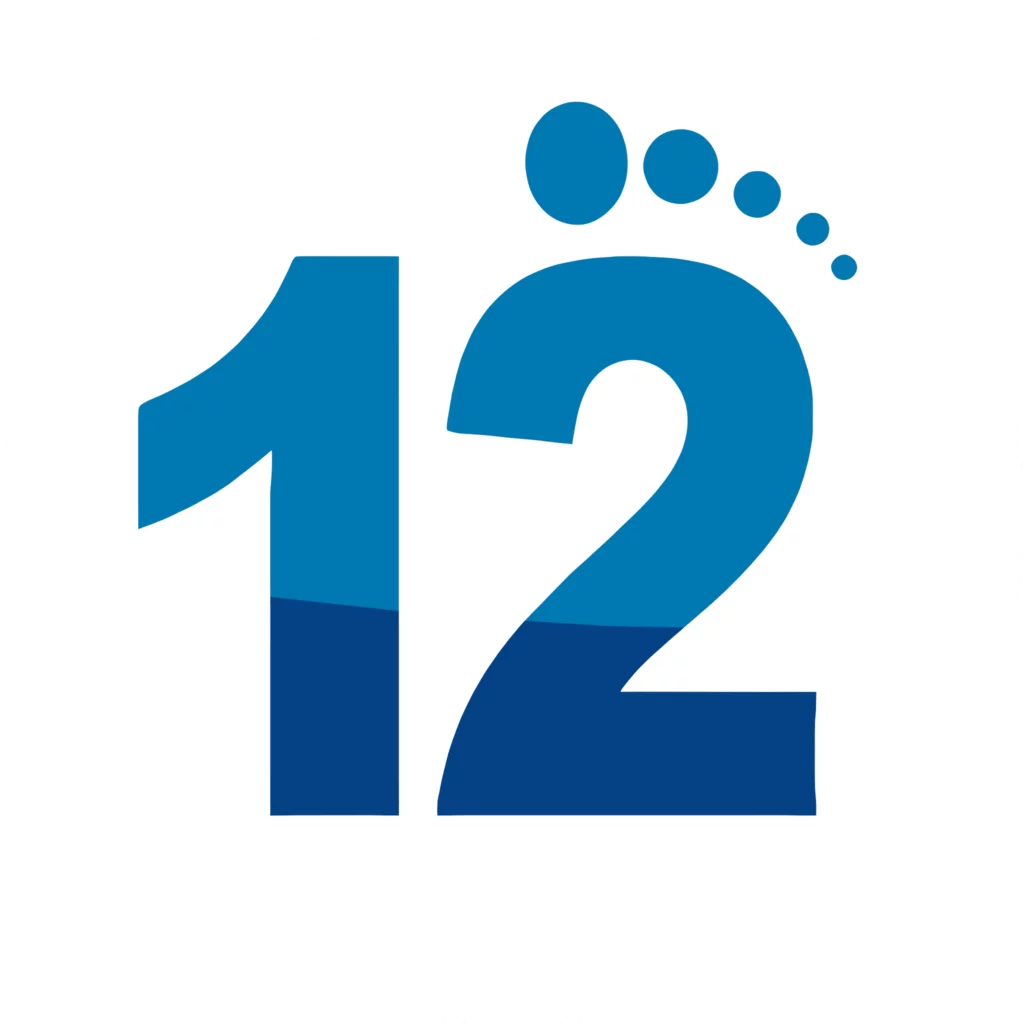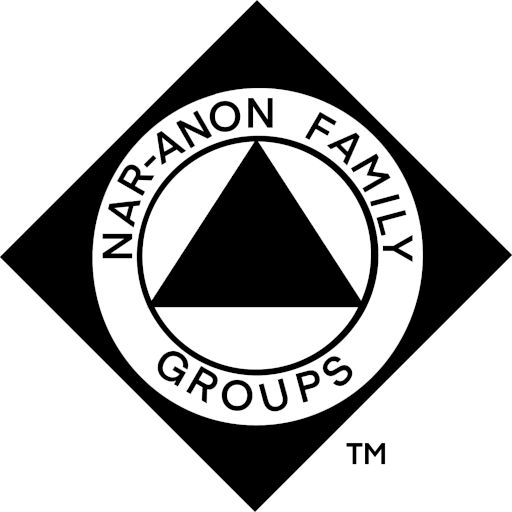
A Place for Information, Experience, Strength, and Hope
12 Step Recovery
Since the 1930’s, some choose the twelve step model of recovery.
The 12 steps work in lives of addicts and alcoholics.
Welcome to 12StepRecovery.com
Your Resource for Recovery, Connection, and Growth
At 12StepRecovery.com, we’re dedicated to providing a supportive space for individuals seeking information, inspiration, and community within the world of 12 Step fellowships. Whether you’re new to recovery or have years of experience, this site is here to guide, inform, and uplift.
Explore educational resources about the 12 Steps and their application in daily life, discover tools to support your personal recovery journey, and connect with others who share your commitment to spiritual growth and healing. From shared stories to practical advice, our mission is to support each person’s path through experience, strength, and hope.
Join us as we grow together — One Day at a Time.
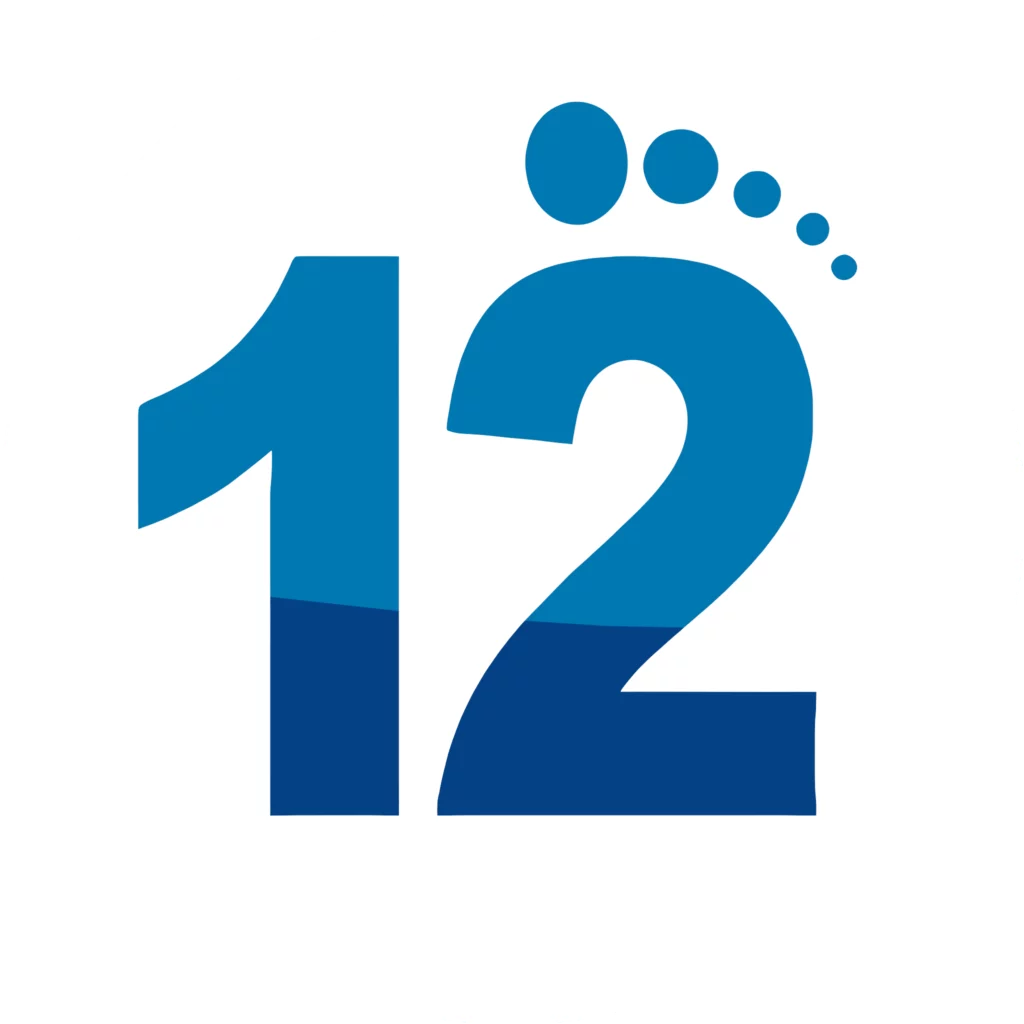
Substance Use–Focused Fellowships

Alcoholics Anonymous
Alcoholics Anonymous is a global, apolitical, self-supporting fellowship helping people stay sober through regular 12-step meetings, with members sharing personal experiences to support newcomers who want to stop drinking.

Narcotics Anonymous is a nonprofit fellowship using a 12-step model to support those with substance use disorders. Open to anyone wanting to stop using, it offers hope through regular peer-led meetings.

Cocaine Anonymous, founded in 1982, is a twelve-step program for those recovering from drug addiction. Independent from AA, it offers regular peer-led meetings without requiring treatment or specific drug identification.

Heroin Anonymous is a nonprofit, twelve-step fellowship offering peer-led support for individuals seeking recovery from heroin addiction. It promotes complete abstinence and provides regular meetings focused on hope, healing, and sobriety.

Crystal Meth Anonymous, founded in 1994, is a nonprofit twelve-step program supporting recovery from meth addiction through peer-led meetings, promoting complete abstinence from meth, alcohol, and non-prescribed psychoactive drugs.

Marijuana Anonymous is a twelve-step, peer-led fellowship supporting individuals who seek freedom from marijuana addiction. It promotes complete abstinence through regular meetings, shared experiences, and a commitment to personal recovery.

Pills Anonymous is a twelve-step fellowship offering peer support for those recovering from prescription pill addiction. It promotes total abstinence and healing through regular meetings and shared recovery experiences.
Behavioral & Process Addictions

Overeaters Anonymous is a twelve-step fellowship for individuals recovering from compulsive eating behaviors. It offers peer-led support, promotes abstinence from harmful eating patterns, and encourages emotional, physical, and spiritual healing.

Sex Addicts Anonymous is a twelve-step fellowship supporting individuals seeking recovery from compulsive sexual behavior. It offers peer-led meetings, promotes abstinence from addictive patterns, and encourages spiritual and personal growth.

Sex & Love Addicts Anonymous
Sex and Love Addicts Anonymous is a twelve-step fellowship for those recovering from addictive patterns in sex and relationships. It offers peer-led support, promoting abstinence, emotional healing, and healthy intimacy.

Love Addicts Anonymous
Overeaters Anonymous is a twelve-step fellowship for individuals recovering from compulsive eating behaviors. It offers peer-led support, promotes abstinence from harmful eating patterns, and encourages emotional, physical, and spiritual healing.

Sex Addicts Anonymous is a twelve-step fellowship supporting individuals seeking recovery from compulsive sexual behavior. It offers peer-led meetings, promotes abstinence from addictive patterns, and encourages spiritual and personal growth.

Sex and Love Addicts Anonymous is a twelve-step fellowship for those recovering from addictive patterns in sex and relationships. It offers peer-led support, promoting abstinence, emotional healing, and healthy intimacy.

Debtors Anonymous is a twelve-step fellowship helping individuals recover from compulsive debt and spending. Through peer-led meetings and financial accountability, it promotes abstinence from unsecured debt and long-term financial recovery.

Clutterers Anonymous is a twelve-step fellowship supporting individuals who struggle with clutter and hoarding. It offers peer-led meetings focused on recovery, spiritual growth, and creating order and serenity in life.

Spenders Anonymous is a twelve-step fellowship helping individuals recover from compulsive spending. Through peer support and spiritual principles, it promotes financial clarity, abstinence from overspending, and long-term emotional and economic stability.
Support for Family & Friends
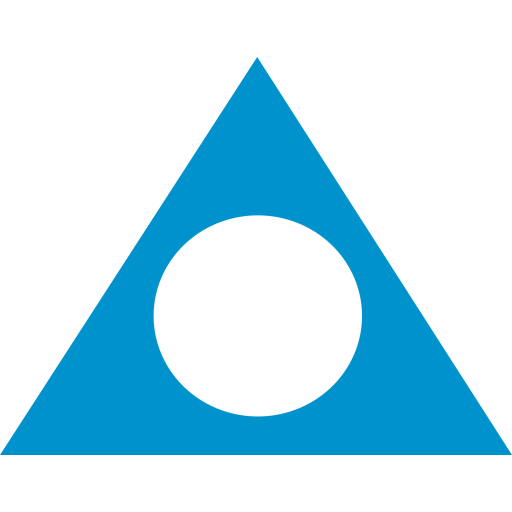
Al-Anon is a worldwide twelve-step fellowship supporting families and friends of alcoholics. It offers recovery through peer-led meetings, regardless of whether the alcoholic seeks help or acknowledges the problem.
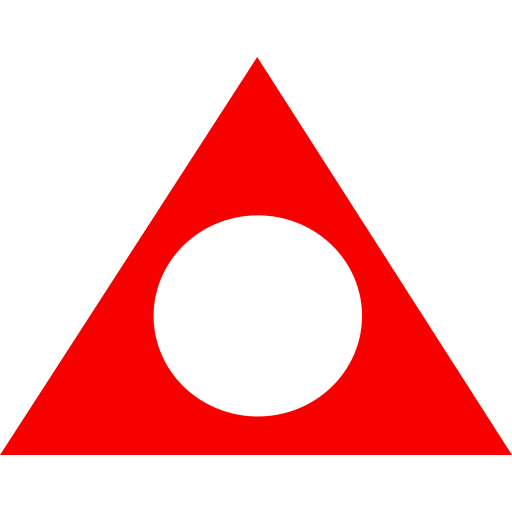
Alateen is a support program for teens affected by someone else’s drinking. Affiliated with Al-Anon, it offers peer-led meetings where young people share experiences, find support, and learn healthy coping skills.

Co-Anon is a twelve-step fellowship for family and friends of cocaine addicts. It offers peer-led support, promoting healing, understanding, and recovery for loved ones affected by another’s cocaine use.

Families Anonymous is a twelve-step fellowship for relatives and friends of individuals with drug, alcohol, or behavioral issues. It offers peer-led support focused on healing, understanding, and healthy detachment.
Adult Children of Alcoholics, founded around 1973, is an international fellowship helping individuals recover from growing up in dysfunctional families. ACA offers peer support without formal requirements or rehab services.
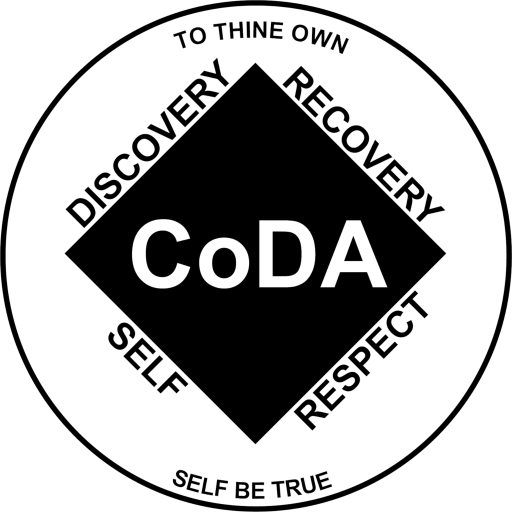
Co-Dependents Anonymous is a twelve-step fellowship for individuals seeking recovery from codependent behaviors. It offers peer-led support focused on building healthy relationships, self-esteem, and emotional independence through shared experience and growth.
Other Niche/Targeted Fellowships

Nicotine Anonymous is a twelve-step fellowship supporting individuals who seek freedom from nicotine addiction. Through peer-led meetings and shared experience, it promotes abstinence and long-term recovery from smoking and all nicotine use.

Recovering Couples Anonymous is a twelve-step fellowship for couples seeking to restore and grow healthy relationships affected by addiction. It offers joint recovery through peer-led meetings, honesty, commitment, and mutual support.
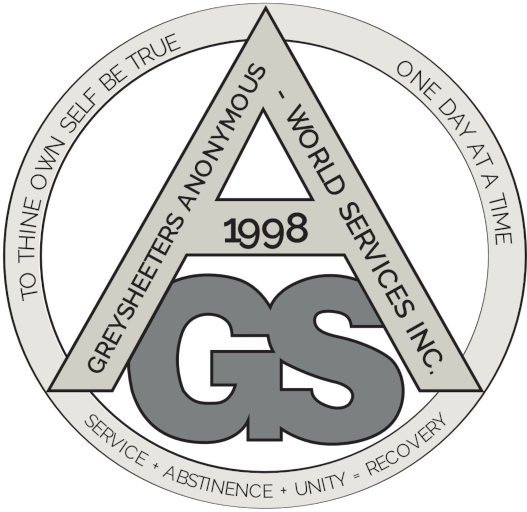
GreySheeters Anonymous is a twelve-step fellowship for individuals recovering from compulsive eating. It follows a strict food plan called the GreySheet, promoting abstinence, peer support, and spiritual growth through regular meetings.

Emotions Anonymous is a twelve-step fellowship for individuals seeking emotional wellness. It offers peer-led support for those dealing with mental and emotional challenges, promoting serenity, personal growth, and balanced living.

Pagans in Recovery is a twelve-step fellowship for individuals identifying as Pagan, Wiccan, or polytheist, seeking recovery from addiction. It blends traditional twelve-step principles with inclusive spiritual support and peer-led meetings.
12 Step Alternatives

Moderation Management, founded in 1994, is a secular nonprofit offering peer-led support for people seeking to reduce alcohol use, providing an alternative to abstinence-focused programs for non-dependent problem drinkers.

SMART Recovery is a secular, science-based nonprofit offering global support for addiction recovery. It uses cognitive behavioral therapy and motivational techniques to help individuals achieve and maintain abstinence through self-management.

Secular Organizations for Sobriety (SOS) is a non-profit network offering mutual support for addiction recovery, emphasizing rational thinking and sobriety without requiring spirituality or belief in a Higher Power.

LifeRing Secular Recovery is a nonprofit, peer-led organization supporting abstinence from drugs and alcohol. Centered on sobriety, secularity, and self-empowerment, it also supports loved ones of those in recovery.
Women for Sobriety, founded in 1976, is a secular nonprofit offering support groups for women overcoming addiction. Focused on women’s issues, it provides an alternative to twelve-step programs like AA.
